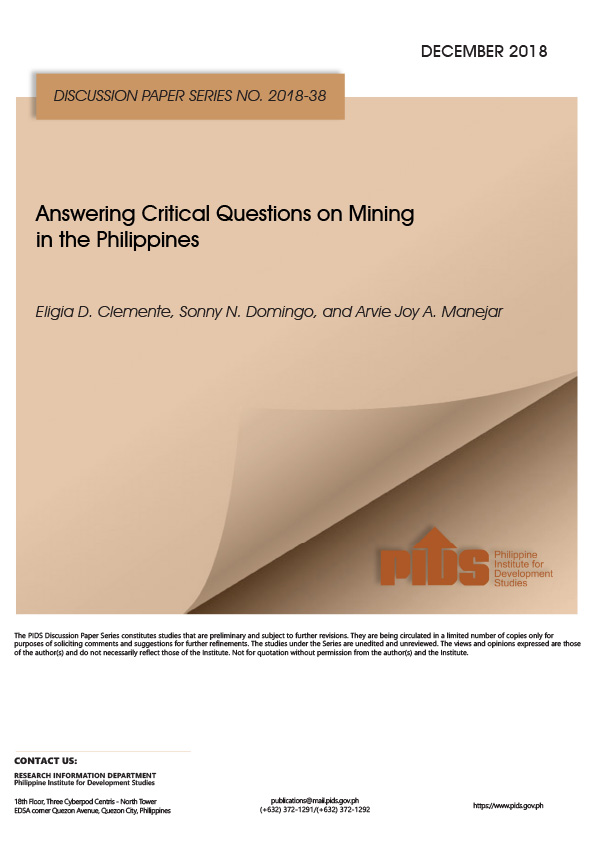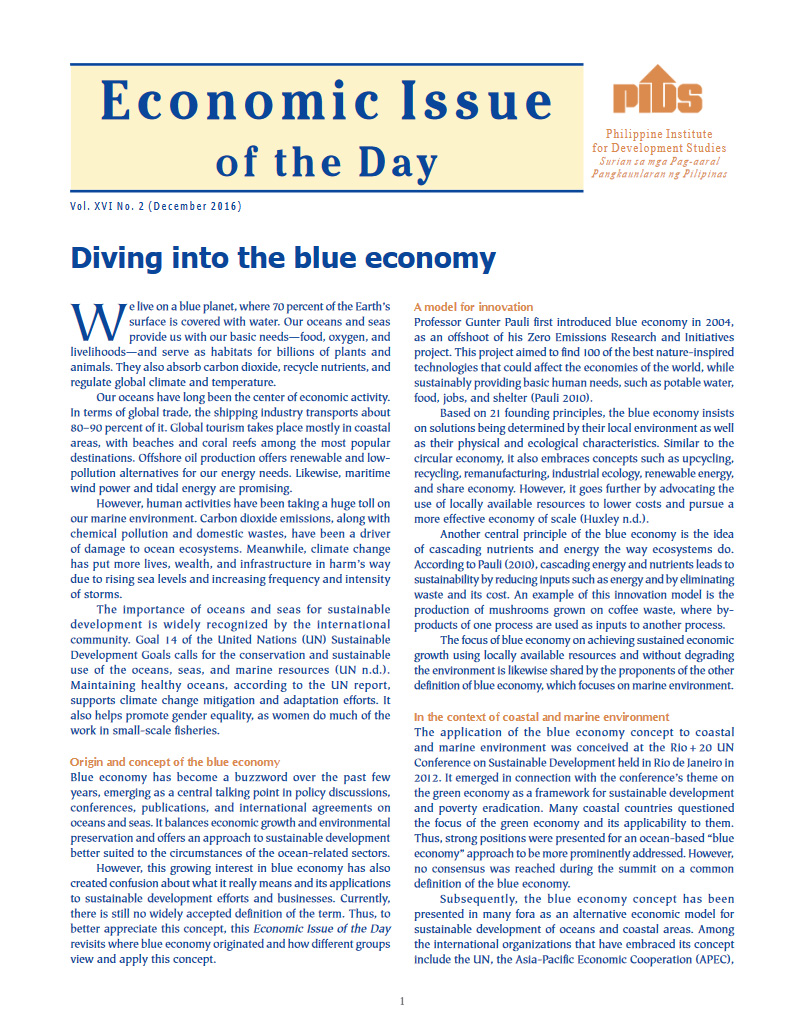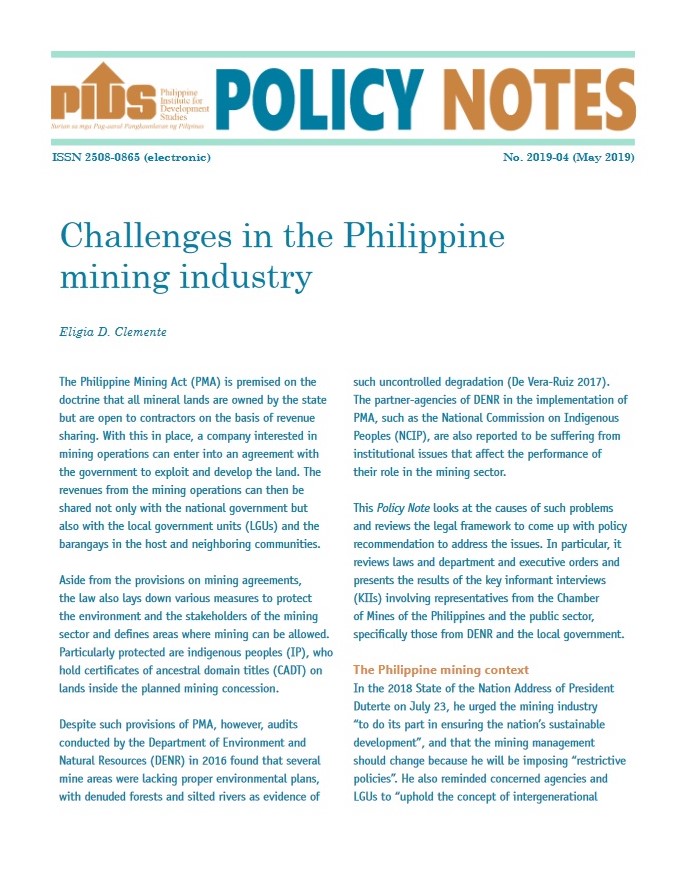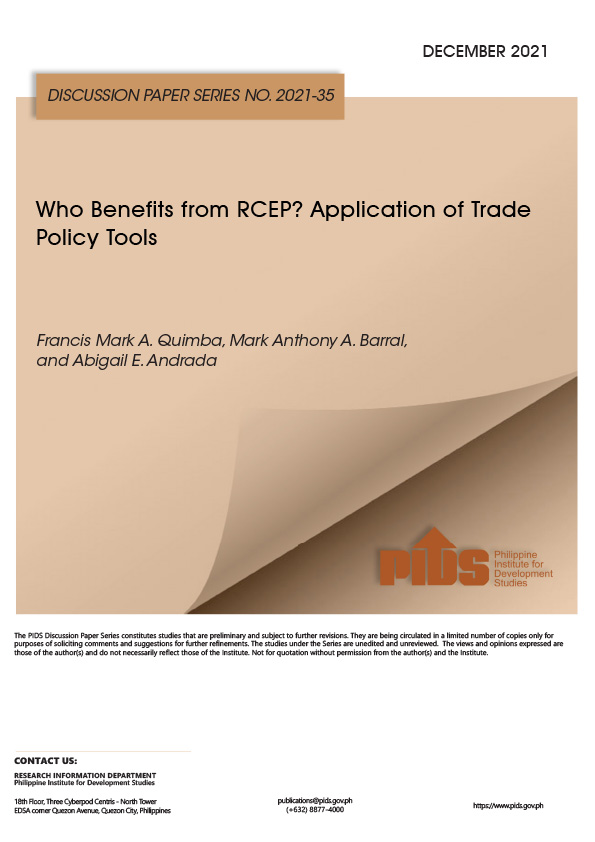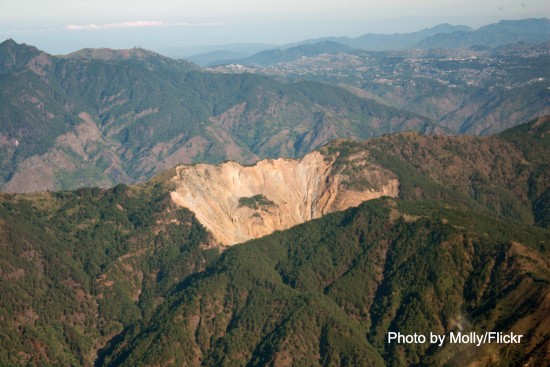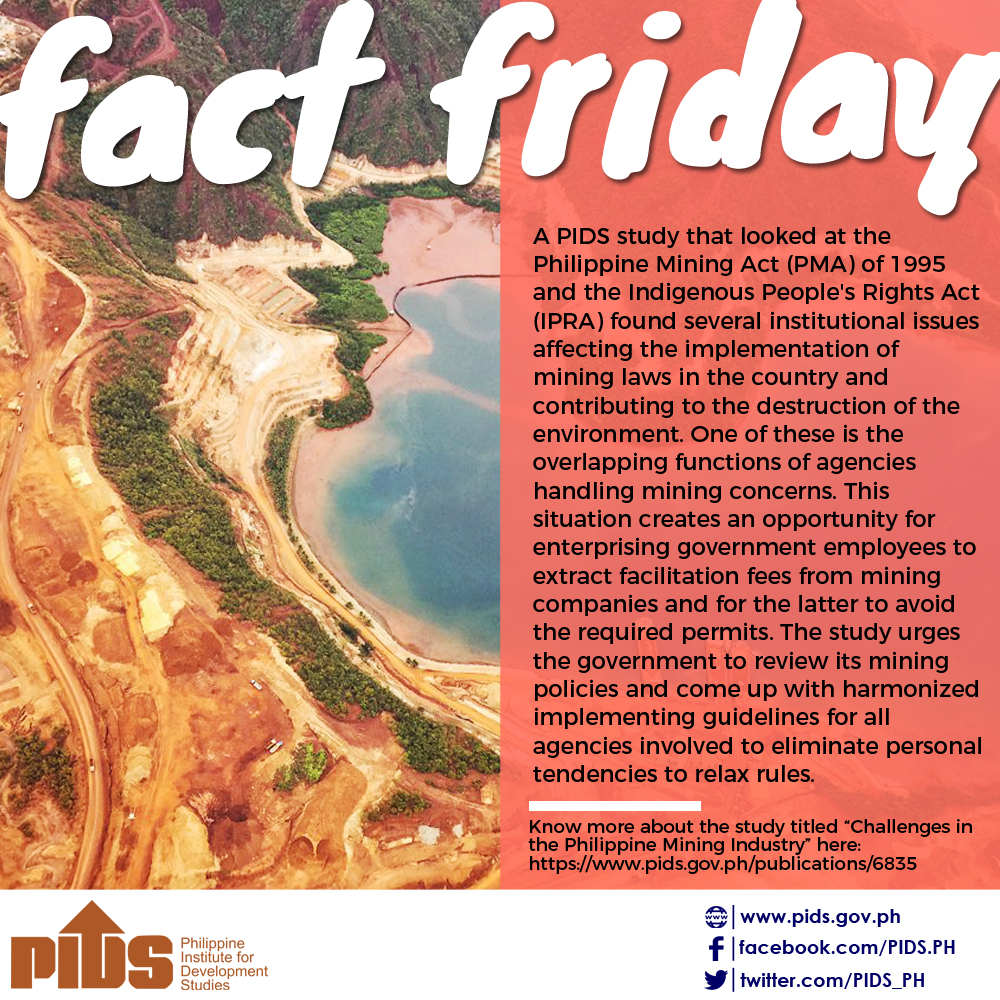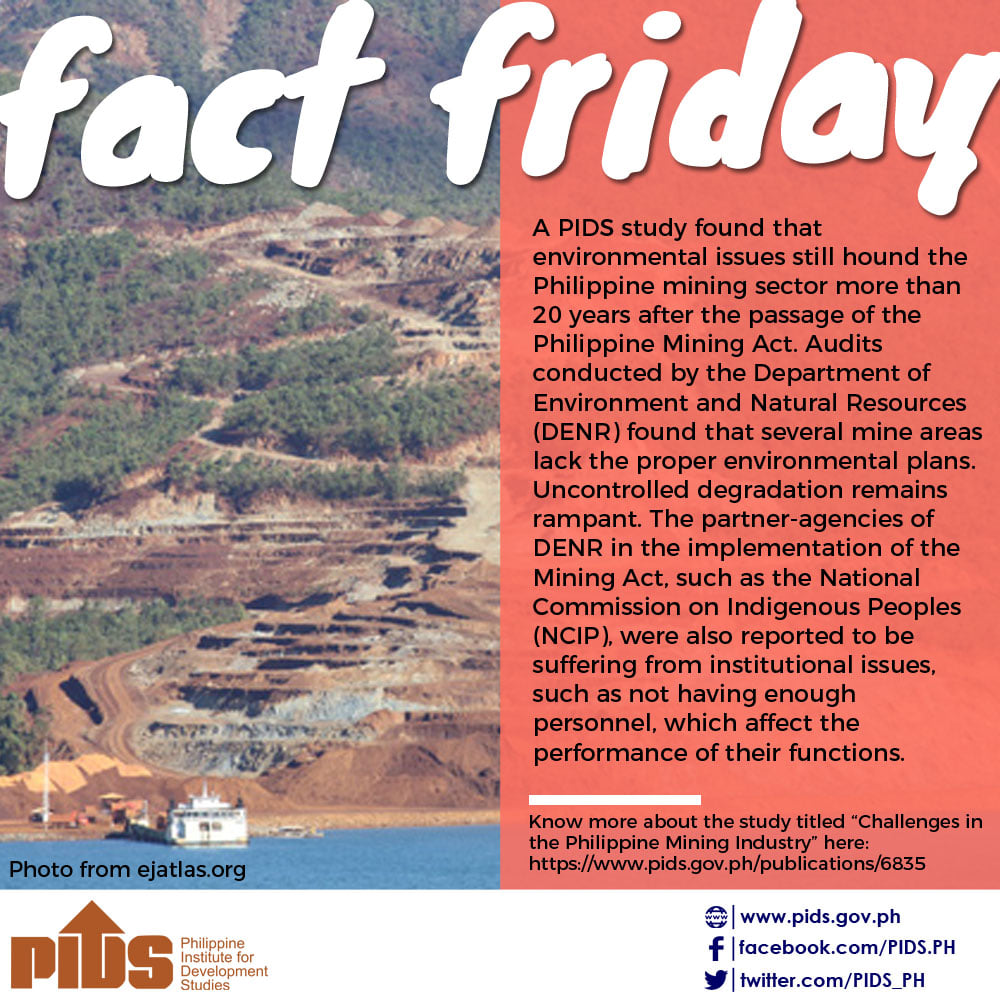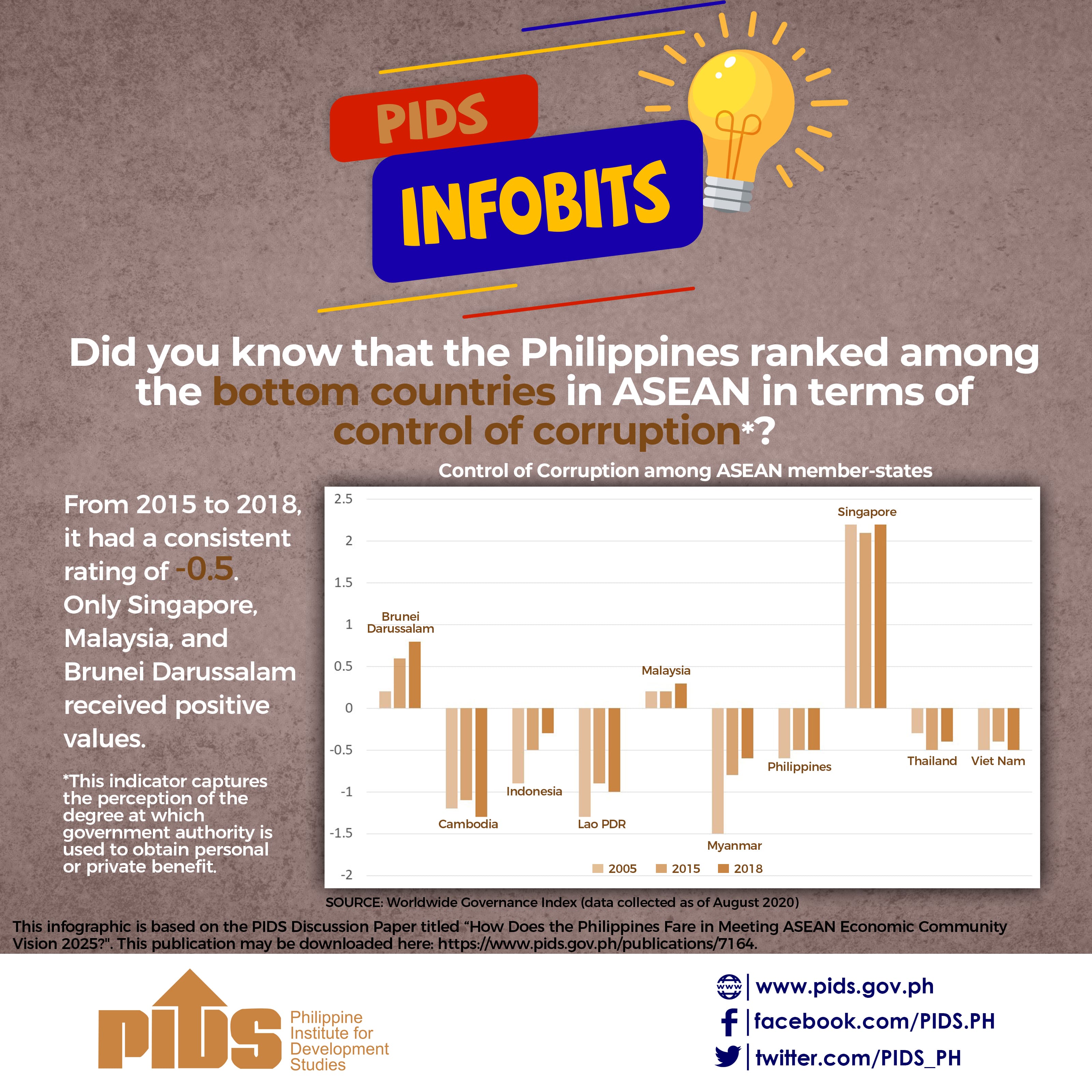To attain a perceived acceptable quality of life, the mining industry plays a crucial role as the demand for minerals and energy increases while ore quality decreases. On the other hand, the social and environmental footprints which mining companies leave behind are deemed unacceptable by the communities affected. The collaborative effort of stakeholders has crafted the Philippine Mining Act of 1995 to address the needs of both the company and the people it affects. By itself, the law is all encompassing and covers the triple bottom-line of sustainable development – the growth of the economy, environmental protection, and social responsibility. However, RA 7942 was not able to mitigate environmental degradation nor was it able to contribute to poverty alleviation and preservation of cultural communities.The study centered on two case studies in separate areas of the country as a reflection of the microcosm of the national operations of the mining industry. Key findings revealed concerns on bureaucracy and proliferation of graft. Securing equitable distribution of mining benefits among communities and for national interest has not yet emerged due to the absence of an audit process for the whole industry.

